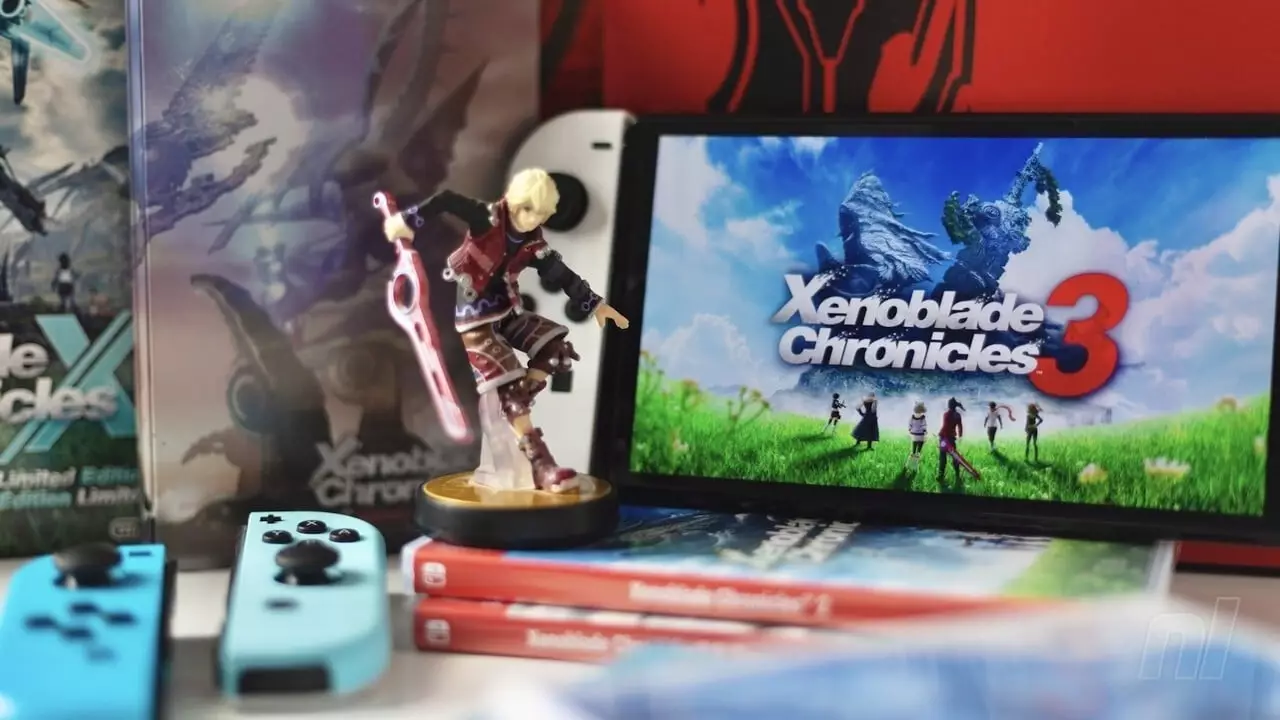Monolith Soft, renowned for its iconic Xenoblade Chronicles franchise, is ambitiously evolving its in-house game engine to pave the way for future endeavors. The creative minds at the studio, notably Chief Creative Officer Tetsuya Takahashi and lead programmer Michihiko Inaba, have recently shared insights into this ambitious plan during an interview with Japanese publication CGworld. Their vision entails an evolution from reliance on external resources to harnessing the full potential of an internally developed engine, which has been an aspiration that took years to materialize due to resource constraints.
The engine currently under development draws upon the one originally crafted for the first Xenoblade Chronicles, released in 2010. This legacy engine forms the backbone of a growing initiative aimed at enhancing overall development capability. Takahashi and Inaba highlight the necessity of creating a platform that their internal R&D team can fully manage, ultimately allowing the company to fully adapt the engine to its unique needs. While multiple teams are tasked with refining different aspects of engine technology, the path towards a cohesive final product remains a crucial focus.
The decision to invest in an in-house engine comes with its own set of challenges. Takahashi openly acknowledges the hurdles associated with maintaining such technology internally. However, he argues that the benefits far surpass the drawbacks. “We don’t currently have the option of using engines made by other companies,” Takahashi points out, emphasizing the advantage of customization. Tailoring the engine to meet specific project requirements enhances usability and expands creative possibilities, ultimately leading to better game experiences.
Growth and Development
Monolith Soft’s recent collaboration with Nintendo has catalyzed significant growth within the studio. The increasing demands of larger-scale productions have prompted a workforce expansion, providing the essential manpower needed to establish a dedicated R&D department. This newly formed department is not merely a reaction to growth but a strategic move to streamline development processes, nurture tool creation, and explore emerging technologies. As Inaba leads this initiative, it becomes evident that Monolith Soft is preparing to tackle more ambitious future projects.
The Future is Bright
Looking ahead, fans are left speculating about what lies in store for Monolith Soft. The outstanding reception of Xenoblade Chronicles 3, which captivated players upon its release on Nintendo Switch in 2022, sets a high bar for their upcoming projects. With the studio now better equipped to innovate, there is widespread anticipation that their next titles will further elevate the franchise and potentially usher in new gaming experiences. As fans eagerly await news of a hypothetical “Switch 2,” the promise of freshly minted technology underpins the excitement surrounding Monolith Soft’s future. The harmonious blend of tradition and innovation showcases that the studio is not just looking to expand its capabilities but also to redefine what players can expect from their beloved game series.


Leave a Reply